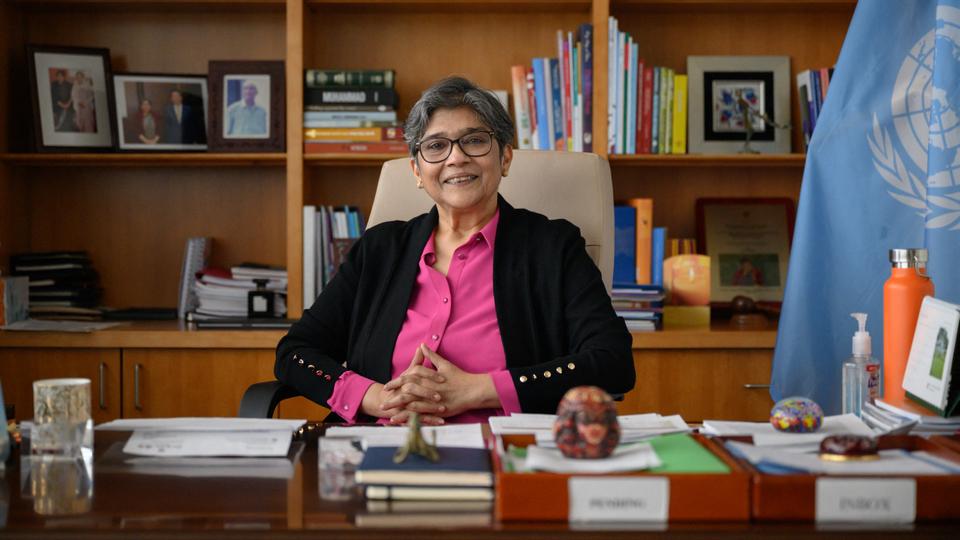The world cannot recover from a spate of crises if its poorest nations are forgotten, the UN envoy for the least developed countries said ahead of a key summit.
The 1.2 billion people that comprise the planet’s 46 least developed countries (LDCs) are “possibly bearing the heaviest brunt” of coronavirus, climate catastrophes and Russia’s war in Ukraine, said Rabab Fatima.
“The Covid-19 pandemic took back the development progress, especially on the sustainable development goals (SDGs) for the LDCs by a decade or more,” said the Bangladeshi diplomat, making a plea ahead of a conference on their development in Doha starting this weekend.
“If we really want to turn the tide, and to see to it that they can be brought back onto track to achieve the SDGs, especially in this final decade of action, we have to invest more efforts and resources to the LDCs,” added the high representative.
UN member states adopted 17 SDGs in 2015, including the aim of achieving food security, eliminating poverty, and providing access to clean and affordable energy by 2030.
“There can be no sustainable recovery, there can be no Agenda 2030 to celebrate in 2030, if those who are furthest behind are left behind,” said Fatima.
While she hopes traditional donor countries will come to Doha with “concrete commitments,” she emphasises that it is in poorer countries’ interest not to be so dependent on official aid.
We need to “support them in building the resilience against future such shocks,” Fatima insisted.
The fifth UN Conference on Least Developed Countries runs from March 5 to 9.
The aim is to “build the structure and capacity of the LDCs themselves so that the aid dependence can be reduced (and) their capacity for trade and investment, enhanced,” Fatima said, giving the example of her native Bangladesh.
READ MORE: West must not divert aid from poor countries to Ukraine, NGO pleads
“It has now been able to achieve food security (and) grow enough rice, food to feed 165 million people. They have moved into services and manufacturing and have emerged as the second largest exporter of readymade garments in the world after China,” she noted.
Bangladesh is one of 16 nations on track to graduate from being an LDC, with Dhaka set to do so in 2026.
Fatima wants those countries to share their experiences, because “with the aid horizon shrinking, it is inevitable that they (will) have to build their own capacity.”
As proof of the “potential” of LDCs, private sector companies from both the developed North and developing South will be represented in force at Doha, Fatima said.
“The private sector is not there for charity. They are there for business,” she added, highlighting the natural resources and huge young populations of the mostly African countries.
“I think that gives us a lot of hope. We are going through very challenging times. But it’s also critically important not to give up,” concluded Fatima.
READ MORE: Türkiye seeks ‘comprehensive reform’ of UN agencies at G20 meeting




















































Be First to Comment